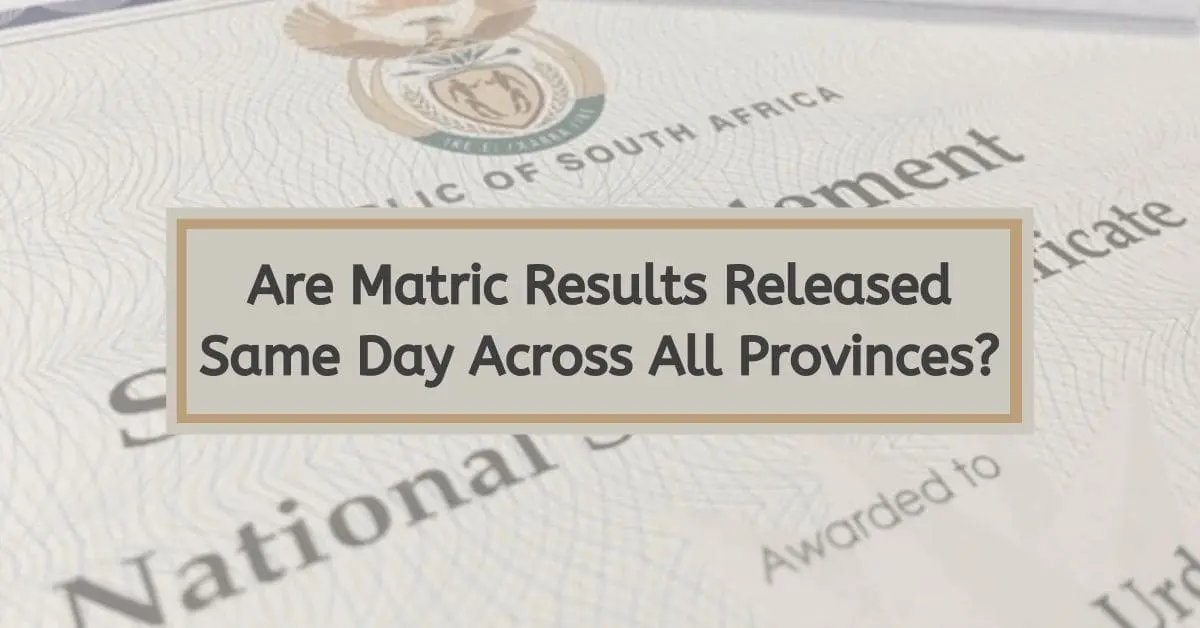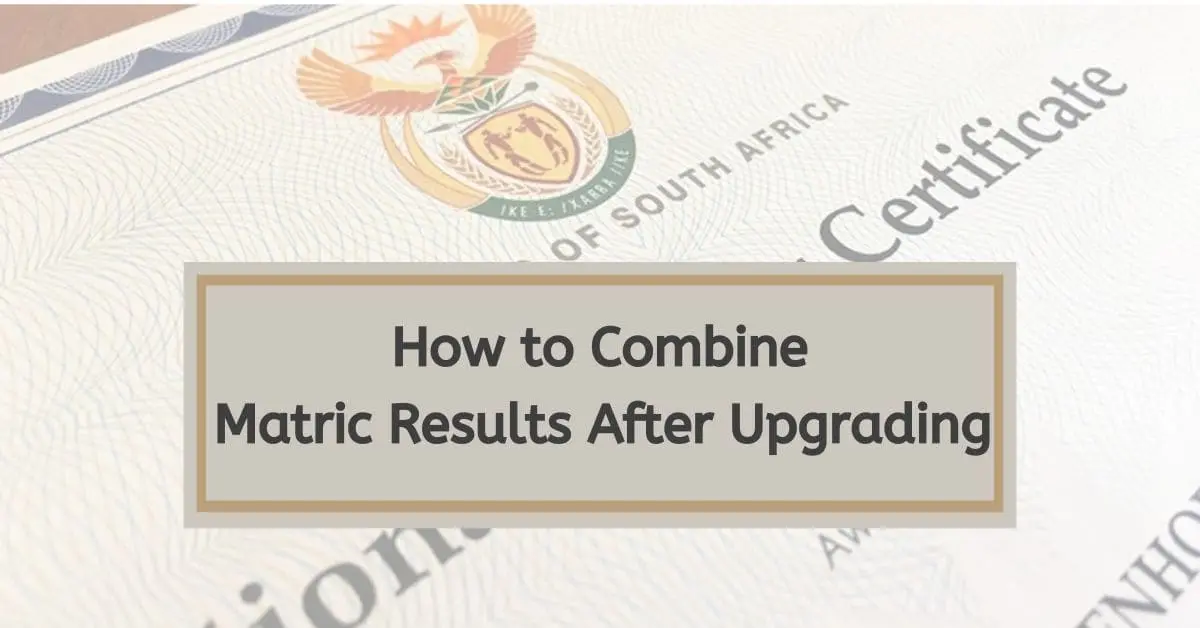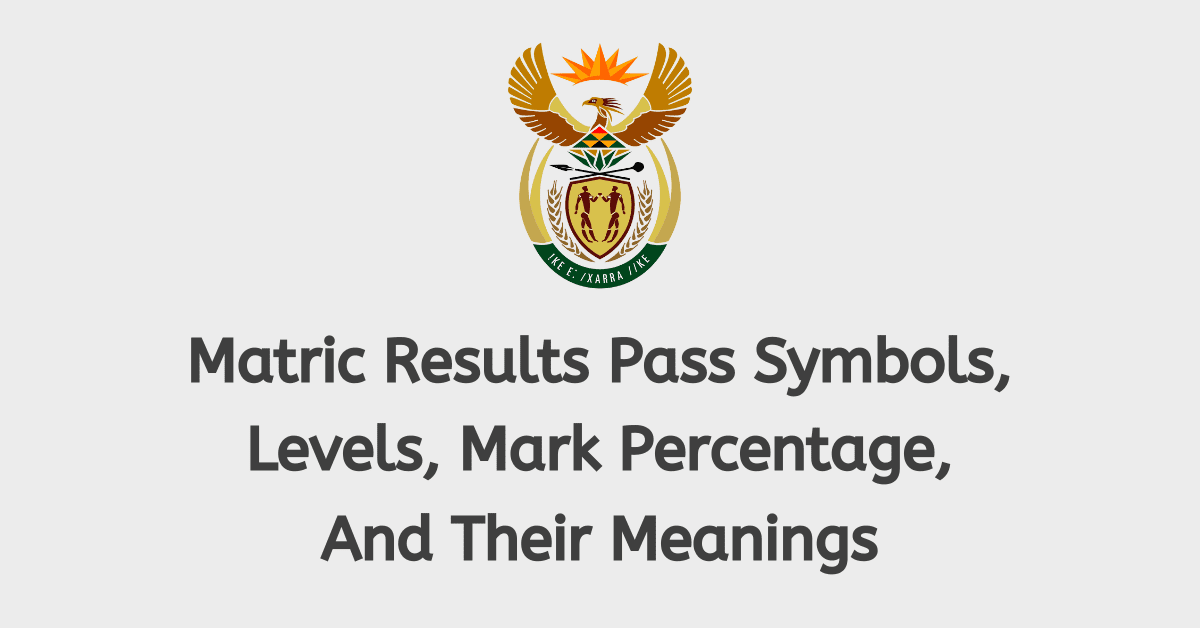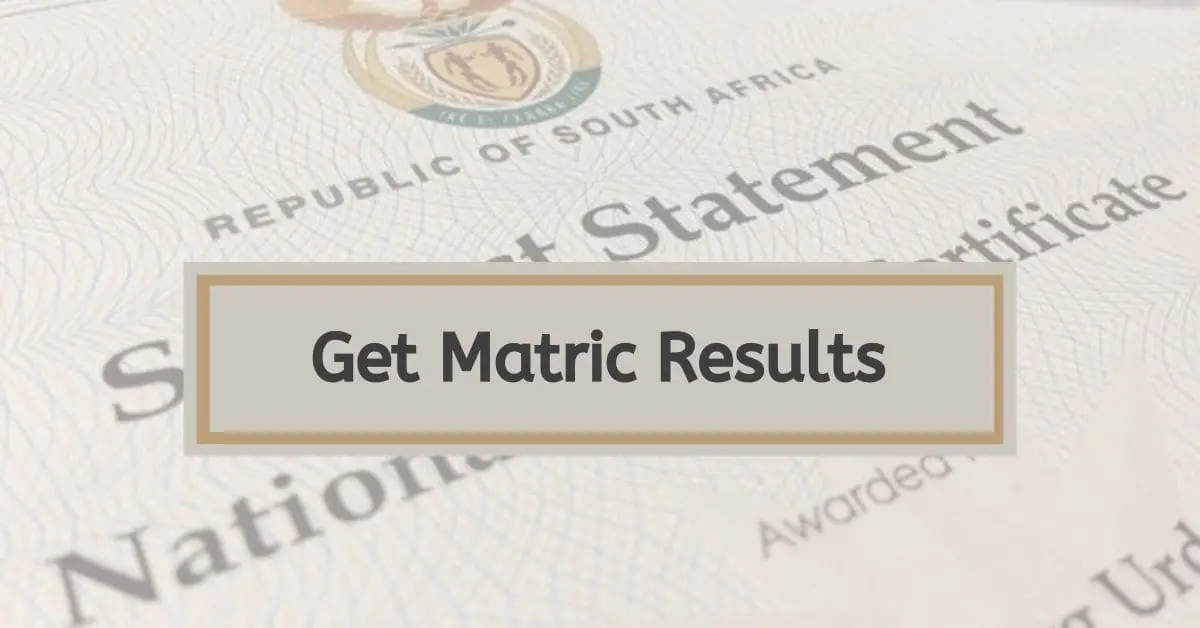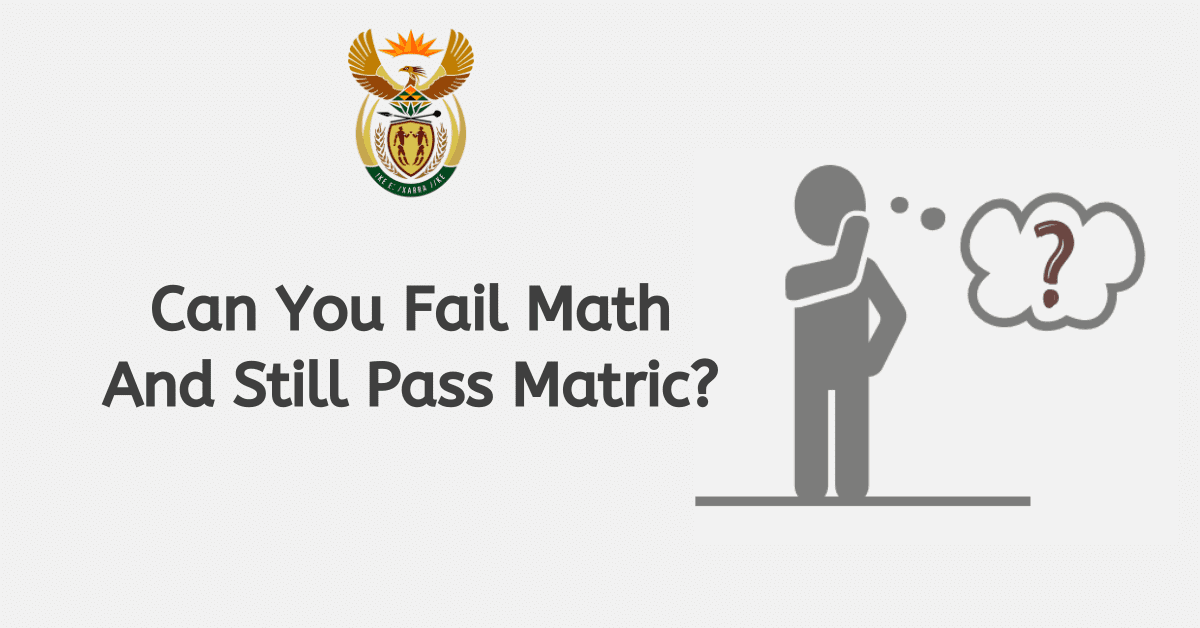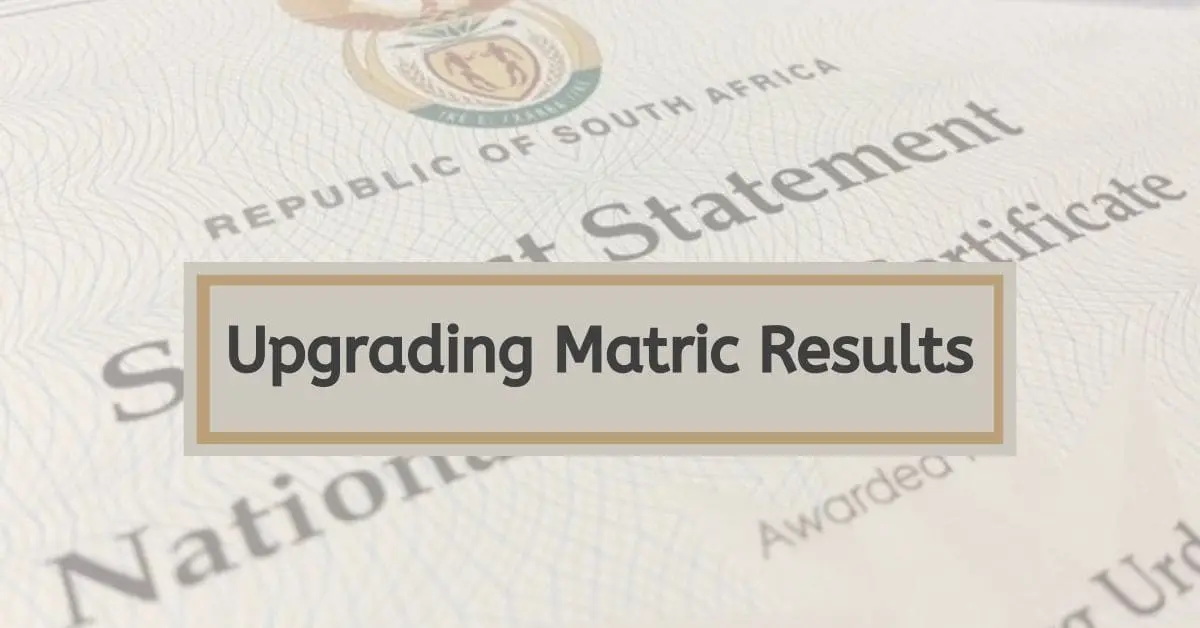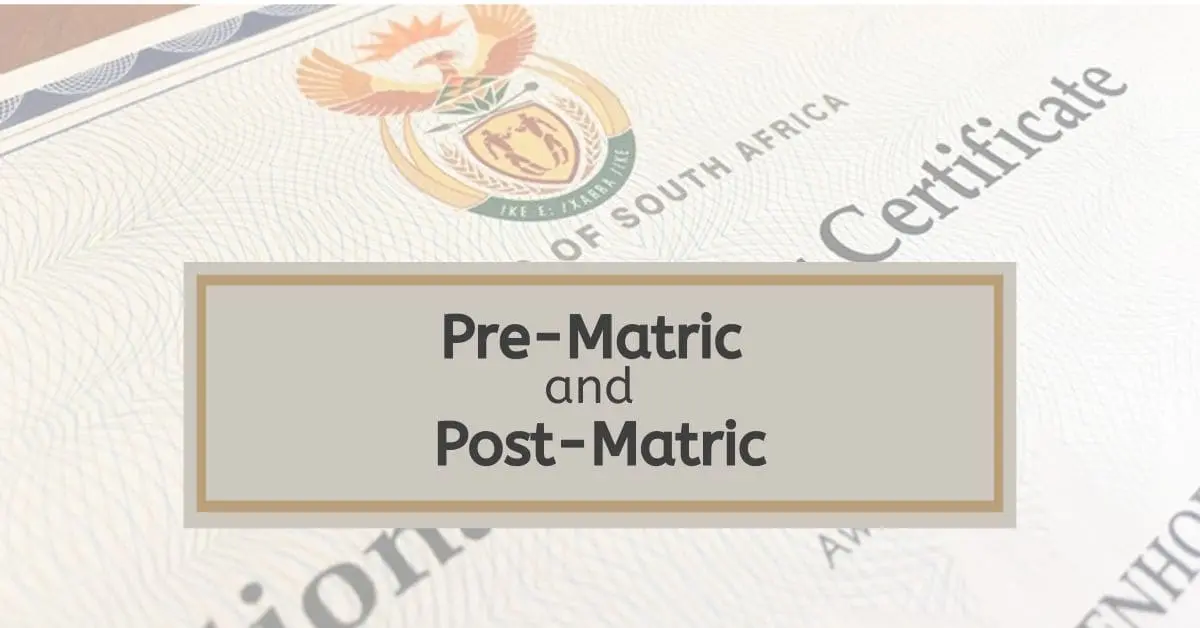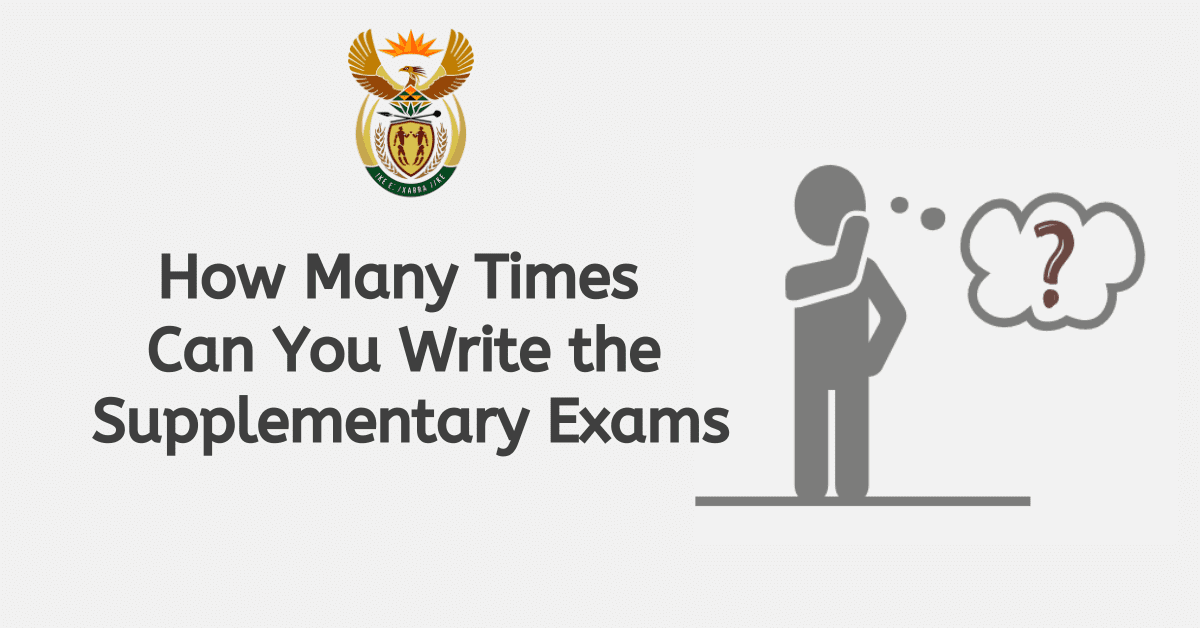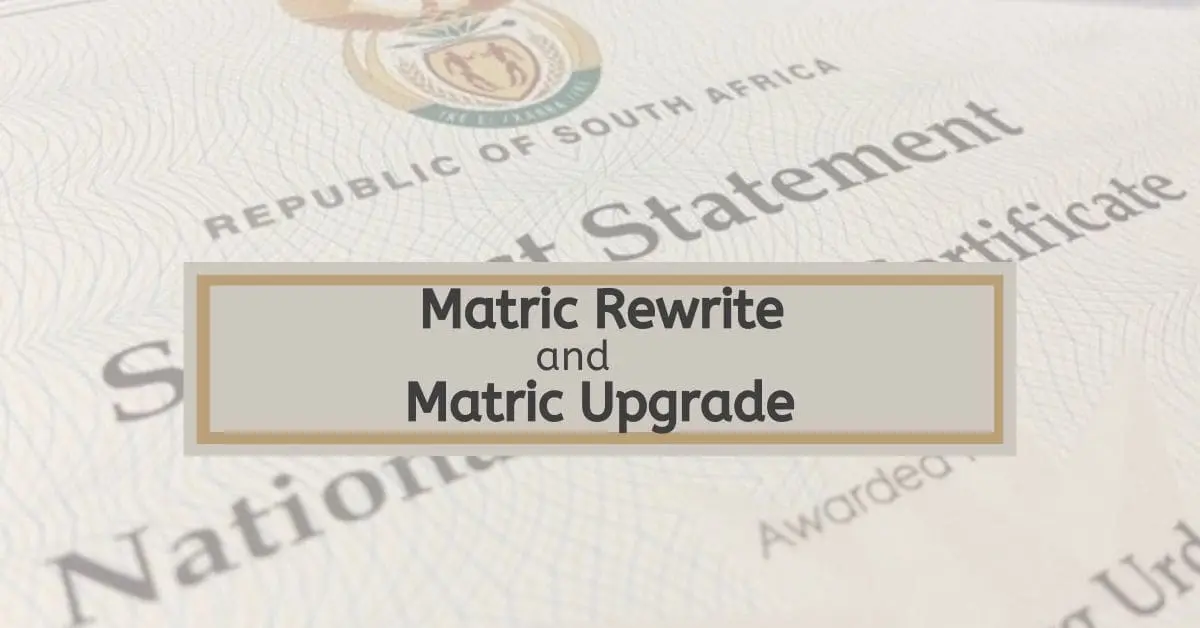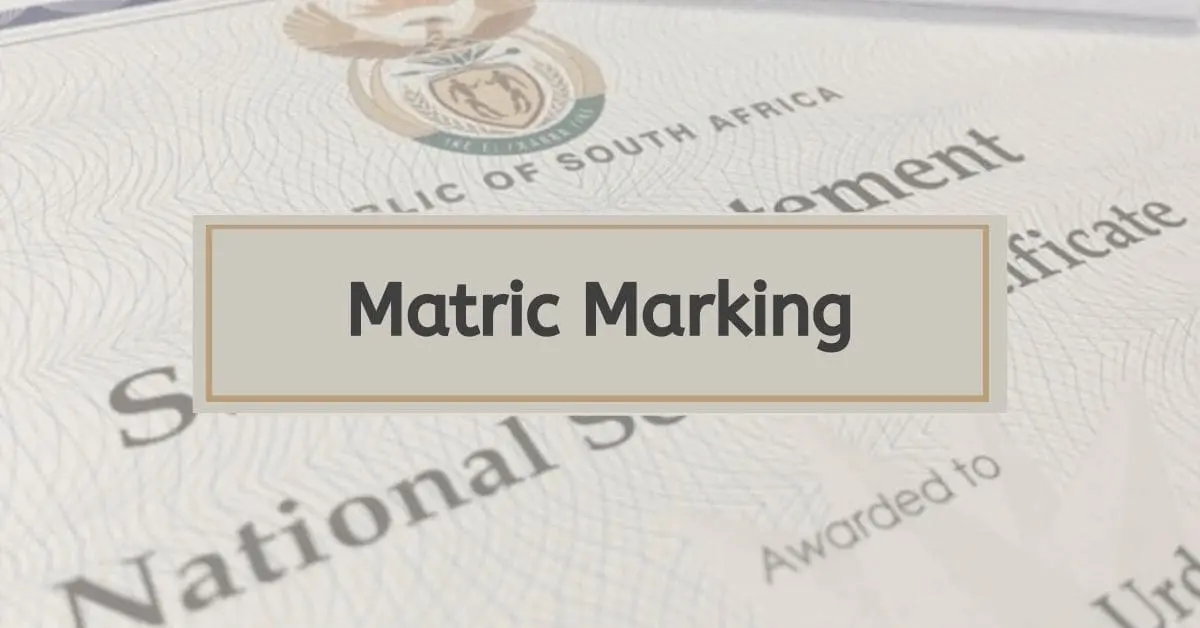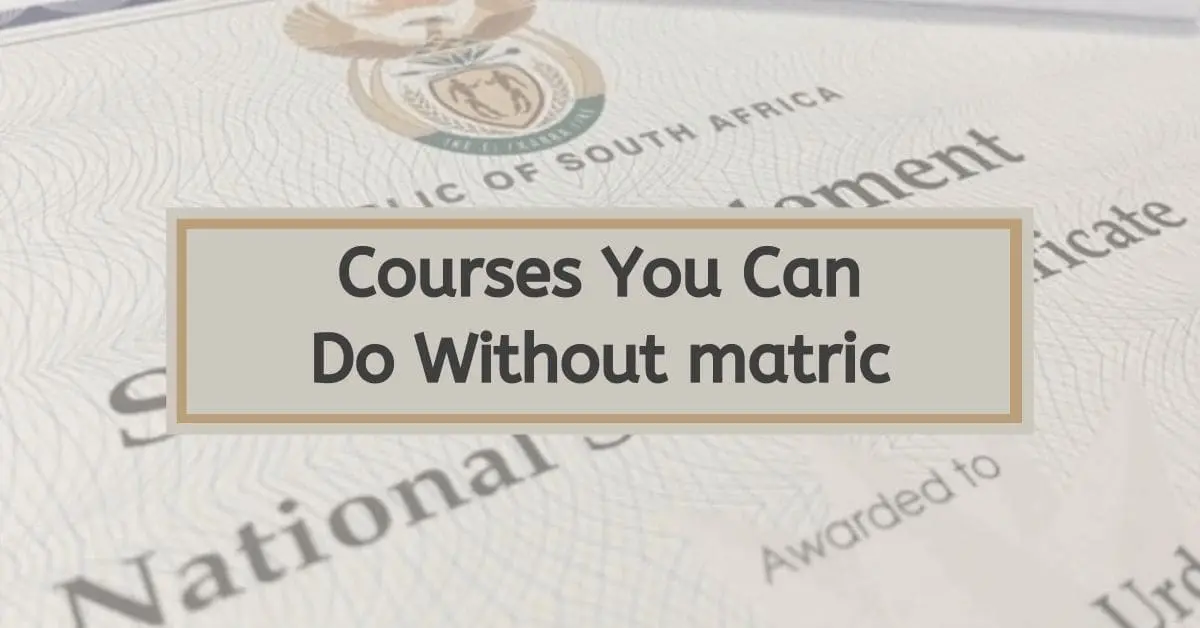Failing your matric can be a shock, but it doesn’t have to signal the end of your educational hopes and dreams. If you have failed your matric, these are some things you should consider to find a new way forward.
Matric Results: Things to Do if You Do Not Pass
Firstly, do not panic or take drastic steps based solely on your academic performance in matric. Yes, it may close some academic doors for you, and it may come as a disappointment, but it is not the end of your world or future. Instead, take charge of your personal narrative and decide on a path forward.
If you have had a stronger academic record in school than your end results suggest, your first steps should be checking that there haven’t been administrative errors with your paper through remarks and rechecks. This may identify a problem that has nothing to do with your performance.
If you know that your academic performance is adequately reflected in the failure you received, or there were circumstances beyond your control, you can still make your way towards a better academic result through supplementary examinations (retaking matric). A little extra time and dedication may be all you need to achieve your ideal matric pass.
Alternatively, while you will not be able to pursue tertiary education without a matric, there are job roles and even learnerships you can apply for without a matric, and investigating your options in that regard.
1. Request a Remark of Your Matric Results
A remark of your matric results means having another trained marker completely re-evaluate the marks you received for the subject by starting the marking from scratch. No matter how vigilant the markers are, the sheer volume of students writing their matric exams
The government has tried to make this an even easier process by now offering online request options for remarks. You will need to register on the relevant portal. Once you log in here, you can access the option to have your matric results remarked, as well as get further help through the Department of Basic Education should you wish.
The service is not free- it will cost you about R30 for a recheck and about R110 for a full remark currently. If you want to be able to see your exam paper, expect to pay out another R212 after the remark fee. However, if you expected to do better on the paper, or your received matric result does not seem to correlate with your academic performance through your school years, getting a remark is a sensible first step to seeing what went wrong with your received results.
If you know that your academic performance was sub-par, however, and you expected to fail, this step may be worth skipping and applying yourself to other options on our list.
2. Consider a Recheck
Another alternative you may consider before taking the full remark route is whether a simple recheck is called for. Many opt to choose both at once. Unlike the full remark, which marks the paper from scratch again as if the previous result never happened, a recheck will simply tally all marks on the paper, ensuring the total is correct, and making sure the marks from sections have not been skipped. If you are in a fee-paying bracket, it is much cheaper and may be enough to pick up a missing question, section, or even paper.
3. Attend Supplementary Exams
While you are under 21, you have the option to retake your matric exams (or specific subjects) entirely. This can be done both when you outright fail a subject, or if you simply want to get better marks. This should also be used by those who missed taking an examination due to unforeseen circumstances, like a family death. As with matric remarks, the closing date for supplementary exams is only a few weeks after the initial result release date. So act fast if you want to use this option.
In most provinces, you cannot yet apply for supplementary exams online and will need to do so through a hard copy application. There are two sessions offered annually- June and November. Consider which you want to use carefully. The June session is great if you were prepared for an exam you missed, or are confident you can increase your knowledge within the 6 months. This puts you almost back on track with your peers, too. However, if academic ability and performance was a key factor in your failure, taking the extra time to be fully prepared could be smart.
4. Study Again
Remember, you are still officially out of school, so no one will be forcing you to work or standing over you. You will need to take the initiative to find a tutor, work through old papers and the coursework, or attend the learning classes offered by the government to support you through your supplementary examination. You cannot simply ‘wing it’ and pitch up at the exam session unprepared if you want to do better than last time. And only you can decide how much further study is needed.
While failing your matric is a setback, it isn’t the end of the road. There is plenty you can do if you do not pass your matric. So stay positive, look at your alternatives, and make a plan accordingly.
